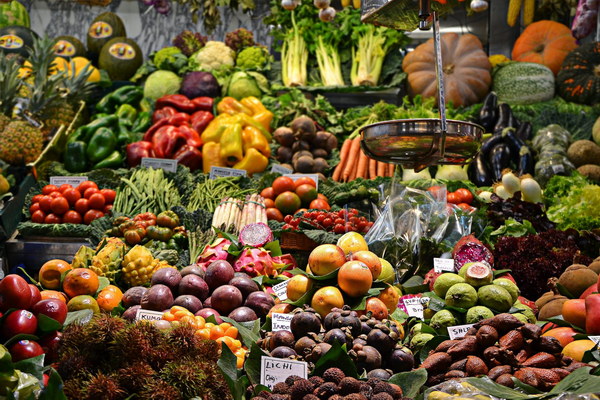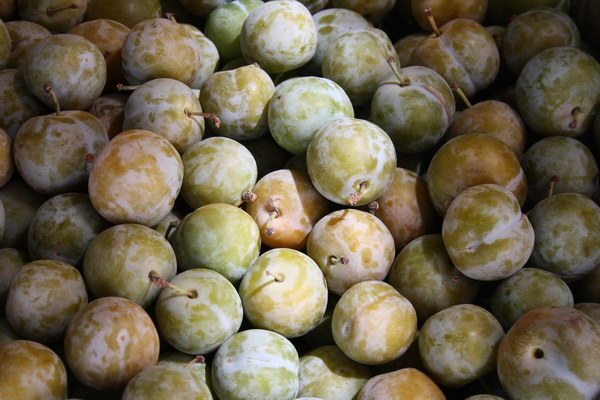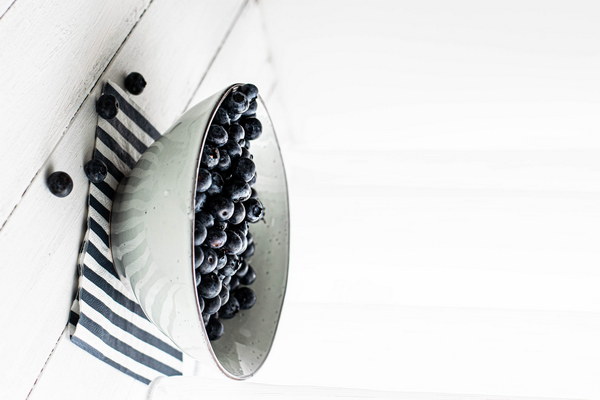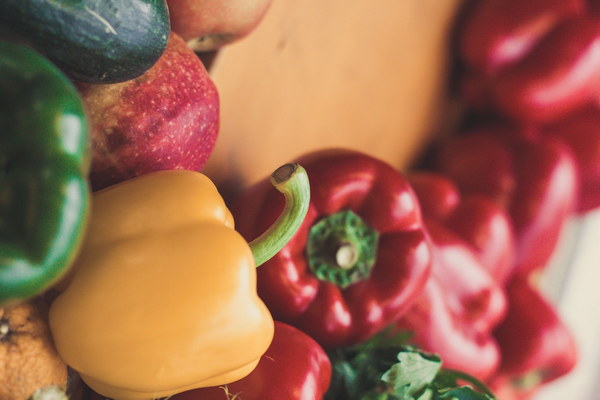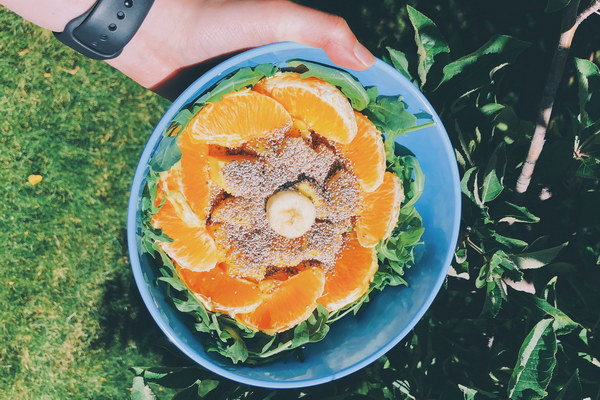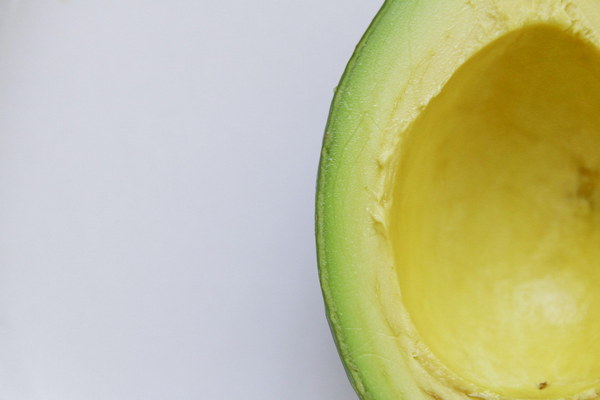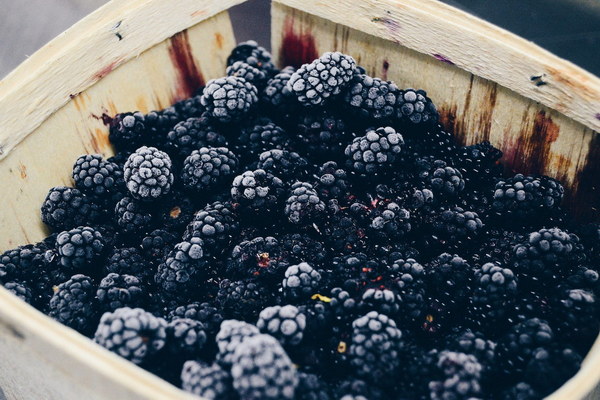Revolutionizing Health How Chinese Leek (Scallion) Therapy Alleviates Dampness and Boosts Well-being
In the realm of traditional Chinese medicine, the Chinese leek, also known as scallion, has been hailed as a superfood that not only enhances flavor but also promotes health. One remarkable case study showcases the efficacy of scallion therapy in alleviating dampness, a common condition in Chinese medicine that manifests as fatigue, weight gain, and joint pain. Let's delve into this fascinating journey of how scallion therapy brought relief to a sufferer of dampness.
Liu Hua, a 38-year-old office worker, had been battling dampness for years. Her symptoms included persistent fatigue, weight gain, and occasional joint pain. Despite trying various remedies and treatments, Liu's condition remained unchanged. It was during a visit to her acupuncturist that she learned about the power of scallion therapy.
Her acupuncturist, Dr. Wang, explained that dampness is caused by an imbalance in the body's Yin and Yang, which leads to an accumulation of dampness in the body. Scallions, being spicy and warm, are believed to help expel dampness and balance the body's Yin and Yang. Dr. Wang suggested Liu try scallion therapy as an alternative treatment.
Determined to alleviate her condition, Liu followed Dr. Wang's advice. She began incorporating scallion therapy into her daily routine by adding scallions to her meals and drinking scallion tea. The process was simple yet effective:
1. Meals: Liu started adding chopped scallions to her morning porridge, stir-fries, and soups. She noticed that the scallions added a unique flavor to her dishes, making them more enjoyable.
2. Scallion tea: Dr. Wang recommended Liu prepare scallion tea by boiling a few scallions in water for about 10 minutes. She drank this tea twice a day, once in the morning and once before bedtime.
3. Lifestyle changes: Liu also made adjustments to her lifestyle, such as avoiding cold and damp environments, and incorporating more physical activity into her daily routine.
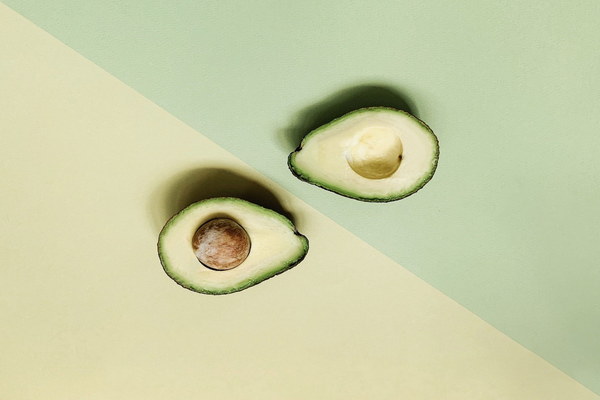
After two weeks of following the scallion therapy, Liu began to notice a significant improvement in her condition. Her fatigue had diminished, and her weight began to stabilize. Additionally, her joint pain had subsided, and she felt more energetic.
Over the course of several months, Liu's health continued to improve. She was able to maintain a healthy weight, and her energy levels were consistently high. Liu's success story inspired others to explore the benefits of scallion therapy.
The case of Liu Hua serves as a testament to the effectiveness of scallion therapy in alleviating dampness and promoting overall well-being. While scientific research is still limited, traditional Chinese medicine has long recognized the therapeutic properties of scallions. Here are some reasons why scallion therapy may be beneficial:
1. Antioxidant properties: Scallions contain antioxidants, such as vitamin C and quercetin, which may help protect the body against free radicals and reduce inflammation.
2. Detoxifying: Scallions are believed to aid in the elimination of dampness from the body, thereby promoting detoxification and improved health.
3. Improved digestion: Scallions are known to stimulate digestion, which can help alleviate symptoms of dampness, such as bloating and constipation.
4. Immune system support: Scallions are believed to strengthen the immune system, making the body more resilient to infections and diseases.
In conclusion, scallion therapy has proven to be an effective remedy for dampness and overall well-being. Liu Hua's journey showcases the potential of this ancient practice to alleviate common health issues. While further research is needed to fully understand the mechanisms behind scallion therapy, it is clear that this simple and natural treatment holds promise for those seeking relief from dampness and improved health.
